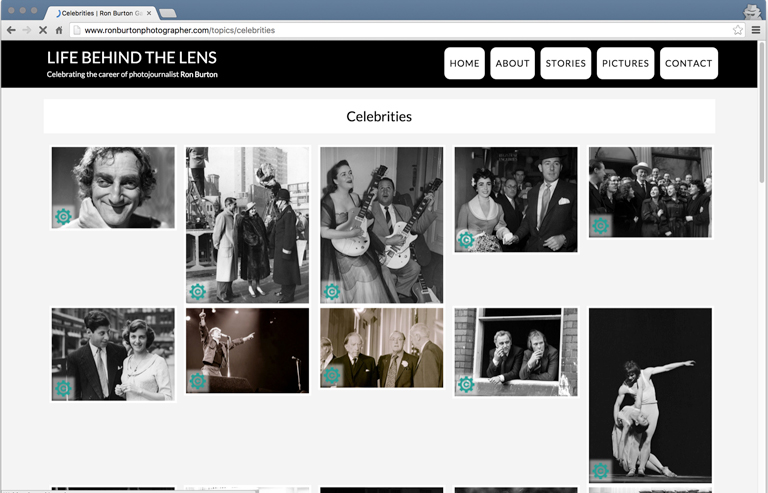
(Photos.com)
It is a summer for sport fans. The UEFA* Euro 2008 filled screens in June and the Beijing Summer Olympics will captivate audiences throughout the month of August. Euro 2008 generated €1.3 billion (US$ 2 billion) from broadcasting rights, trademark sponsorship and ticket sales – 50 percent more than the 2004 total. The 2005-2008 Olympic cycle – covering both winter and summer Olympics – are expected to far outperform the US$4.2 billion in revenues generated in the previous Olympic cycle.
Euro 2008
The Euro is challenging the Olympics to be the most watched sport tournament after the World Cup. No single Olympic event has drawn the 161 million viewers the Euro 2004 final between Greece and Portugal attracted. The European football championship is very popular in South America and Asia; it is reportedly impossible to find a taxi in the wee hours of the morning in Singapore when games are on. The official EURO 2008 website – which offers coverage in ten languages, including Japanese, Korean and Chinese – registered over one billion page views in the four months preceding the event. In June alone, 42 million visitors from 200 countries logged into the site with a peak of 4.3 million viewers in a single day and half a million per hour to follow live coverage on the Internet.
UEFA acknowledges that “The sums from TV rights and sponsors are much bigger than the sums generated from ticketing.” After the final tally, television broadcasting – the licensing of copyright-related rights – amounted to 60 percent of Euro 2008 earning. Marketing – sponsorship from trademark owners and products that carry the Euro logo – reached 21 percent.
Olympic Games
Sponsorships and broadcast licensing revenues are a boon for the Olympics, increasingly hard-pressed to cover the escalating costs related to organizing the event. The Beijing Olympics may even be profitable. The revenue from national sponsors – 7 of 10 are Chinese companies – is expected to surpass the US$1 billion mark, almost twice that of the Athens Olympics. Add to that the US$866 million from the 12 international sponsors that are part of The Olympic Partners Programme (TOP), a long-term corporate partnership covering a four-year term in line with the Olympic quadrennium. There will also be further revenues from merchandize products carrying the Olympic logo and the Beijing Games mascots.
Broadcast revenues, which amounted to US$1.494 billion in 2004, will top US$1.737 billion this summer – this without the compromise of the Olympic Charter regulation that all television agreements be principally based on free-to-air broadcasting. To optimize revenues the International Olympic Committee negotiates directly with broadcasting organizations for television, mobile telephones and the Internet rights, cutting out third-party commissions.
Digital technology and the Internet have opened more options for broadcasting, further increasing revenues. In July the International Olympic Committee signed an agreement with Terra for the Internet and mobile platform exhibition rights within Latin America, a new and growing source of revenue for the organization.
*Union of European Football Associations
| Statistics: Broadcast of the Athens Olympic Games |
|---|
|
By Sylvie Castonguay, WIPO Magazine Editorial Team, Communications and Public Outreach Division.

